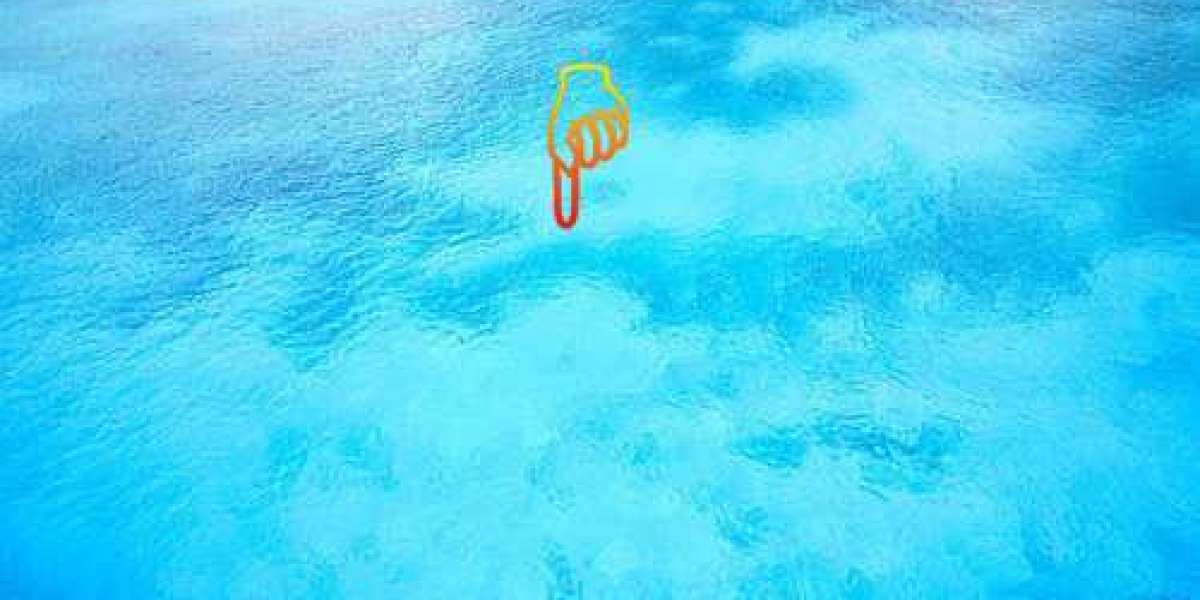However, like any substance, consuming too much water can lead to adverse effects and potentially dangerous consequences. In this comprehensive guide, we'll explore the concept of overhydration, how much water is too much to drink, and how to find the right balance for optimal hydration.
Understanding Hydration
Hydration plays a crucial role in maintaining various bodily functions, including regulating body temperature, lubricating joints, aiding digestion, and transporting nutrients and oxygen to cells. The body relies on a delicate balance of water and electrolytes to function properly, with hydration levels influenced by factors such as age, weight, activity level, climate, and overall health.
Signs and Symptoms of Overhydration
While dehydration is commonly recognized as a risk associated with insufficient water intake, overhydration, or water intoxication, can also pose health risks. Overhydration occurs when the body takes in more water than it can excrete, leading to an imbalance of electrolytes and potentially causing hyponatremia, a condition characterized by low sodium levels in the blood.
Signs and symptoms of overhydration may include:
- Nausea and vomiting
- Headaches
- Confusion and disorientation
- Fatigue and weakness
- Muscle cramps
- Swelling in the hands, feet, or ankles
- Changes in urine color and frequency
In severe cases, overhydration can lead to seizures, coma, and even death if left untreated.
Determining Safe Water Intake Levels
The amount of water needed for optimal hydration varies from person to person and depends on individual factors such as age, weight, activity level, and climate. While general guidelines suggest drinking about eight 8-ounce glasses of water per day (commonly referred to as the "8x8 rule"), this recommendation may not be suitable for everyone.
A more personalized approach to hydration involves listening to the body's thirst cues and adjusting fluid intake accordingly. In addition to water, hydration can also be obtained from other sources such as fruits, vegetables, soups, and beverages like tea and coffee.
Risks of Excessive Water Intake
Consuming too much water in a short period, particularly during intense physical activity or endurance events, can increase the risk of overhydration and hyponatremia. Athletes, in particular, may be at risk of overhydration if they drink excessive amounts of water without adequately replacing electrolytes lost through sweat.
Certain medical conditions, medications, and lifestyle factors may also predispose individuals to overhydration. People with kidney problems, heart conditions, or hormonal imbalances may have difficulty regulating fluid balance and should monitor their water intake accordingly.
Finding the Right Balance
To maintain optimal hydration without risking overhydration, it's essential to listen to your body's thirst signals and adjust fluid intake accordingly. Rather than adhering strictly to generic guidelines, pay attention to factors such as thirst, urine color, and overall well-being to gauge hydration status.
During periods of increased activity, such as exercise or hot weather, be mindful of fluid loss through sweat and replenish fluids accordingly. Consider consuming electrolyte-rich beverages or snacks to help maintain electrolyte balance and prevent hyponatremia.
Conclusion
While water is essential for maintaining proper hydration and overall health, consuming too much water can lead to overhydration and potentially dangerous consequences. Understanding the signs and symptoms of overhydration, as well as individual hydration needs, is crucial for finding the right balance and avoiding the risks associated with excessive water intake.
By listening to your body's thirst cues, staying mindful of fluid intake during physical activity, and seeking medical advice if you have underlying health conditions, you can maintain optimal hydration levels and support overall well-being. Remember, moderation is key when it comes to hydration, and finding the right balance is essential for staying healthy and hydrated.







